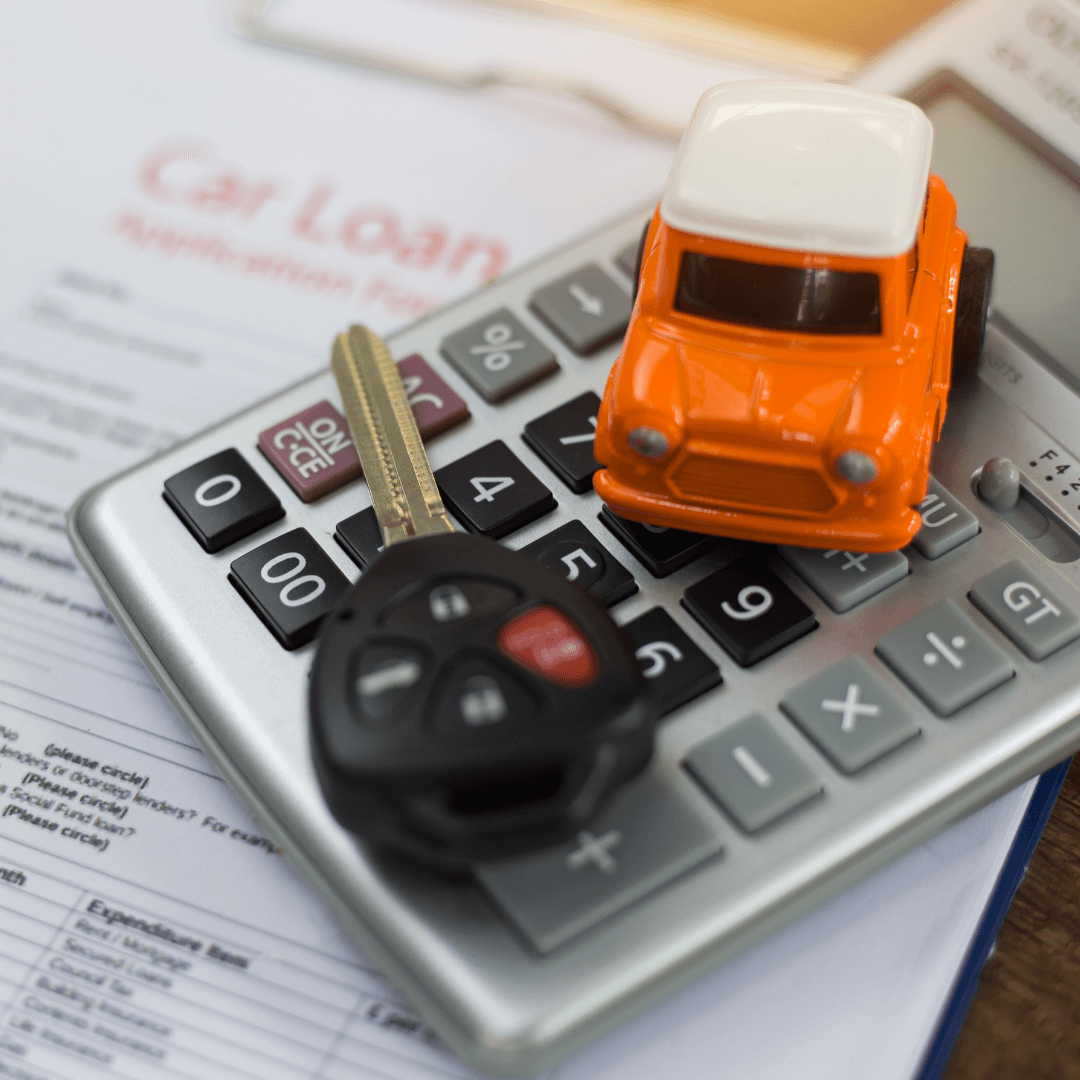Introduction
Autonomous cars, also known as self-driving cars, are rapidly gaining popularity. These vehicles offer a range of benefits, including increased safety, reduced traffic congestion, and enhanced convenience. However, like any other car, autonomous vehicles require regular maintenance to ensure optimal performance and longevity.
This blog post will delve into the essential maintenance tips for autonomous cars, covering everything from routine checks to specialized services. By understanding these tips, you can keep your self-driving car running smoothly and enjoy its benefits for years to come.

Regular Maintenance Checks
Just like traditional cars, autonomous vehicles require regular maintenance checks to identify and address potential issues before they escalate. Here are some key areas to focus on:
- Tire Pressure and Tread: Autonomous cars rely heavily on accurate tire pressure and tread depth for optimal performance and safety. Regularly check tire pressure using a tire pressure gauge and ensure the tread depth meets the manufacturer's recommendations.
- Fluid Levels: Check the levels of essential fluids, including engine oil, brake fluid, coolant, and windshield washer fluid. Top off fluids as needed to prevent damage to the vehicle's systems.
- Brakes: Autonomous cars use advanced braking systems, but regular inspections are still crucial. Ensure the brake pads and rotors are in good condition and that the braking system is functioning properly.
- Sensors and Cameras: Autonomous cars rely on a network of sensors and cameras to navigate and make decisions. Regularly clean these components to ensure optimal visibility and performance.
- Software Updates: Autonomous car software is constantly being updated to improve performance and address potential vulnerabilities. Ensure your vehicle's software is up-to-date by connecting to a Wi-Fi network or using a USB drive.
Specialized Maintenance Services
In addition to regular maintenance checks, autonomous cars require specialized services to maintain their unique features. These services may include:
- Sensor Calibration: Sensors and cameras need to be calibrated regularly to ensure accurate readings and optimal performance. This process involves adjusting the sensors' alignment and calibration parameters.
- Software Updates: Autonomous car software is constantly being updated to improve performance and address potential vulnerabilities. Ensure your vehicle's software is up-to-date by connecting to a Wi-Fi network or using a USB drive.
- Battery Maintenance: Autonomous cars often use large battery packs to power their electric motors and advanced systems. Regular battery maintenance, including charging and monitoring, is crucial for optimal performance and longevity.
- Autonomous System Diagnostics: Specialized diagnostic tools are available to assess the health and performance of the autonomous driving system. These tools can identify potential issues and provide insights into the system's overall functionality.
Conclusion
Maintaining an autonomous car requires a combination of regular checks and specialized services. By following these tips, you can ensure your self-driving car remains in optimal condition, providing a safe, reliable, and enjoyable driving experience. Remember to consult your vehicle's owner's manual for specific maintenance recommendations and schedule regular service appointments with a qualified technician.




